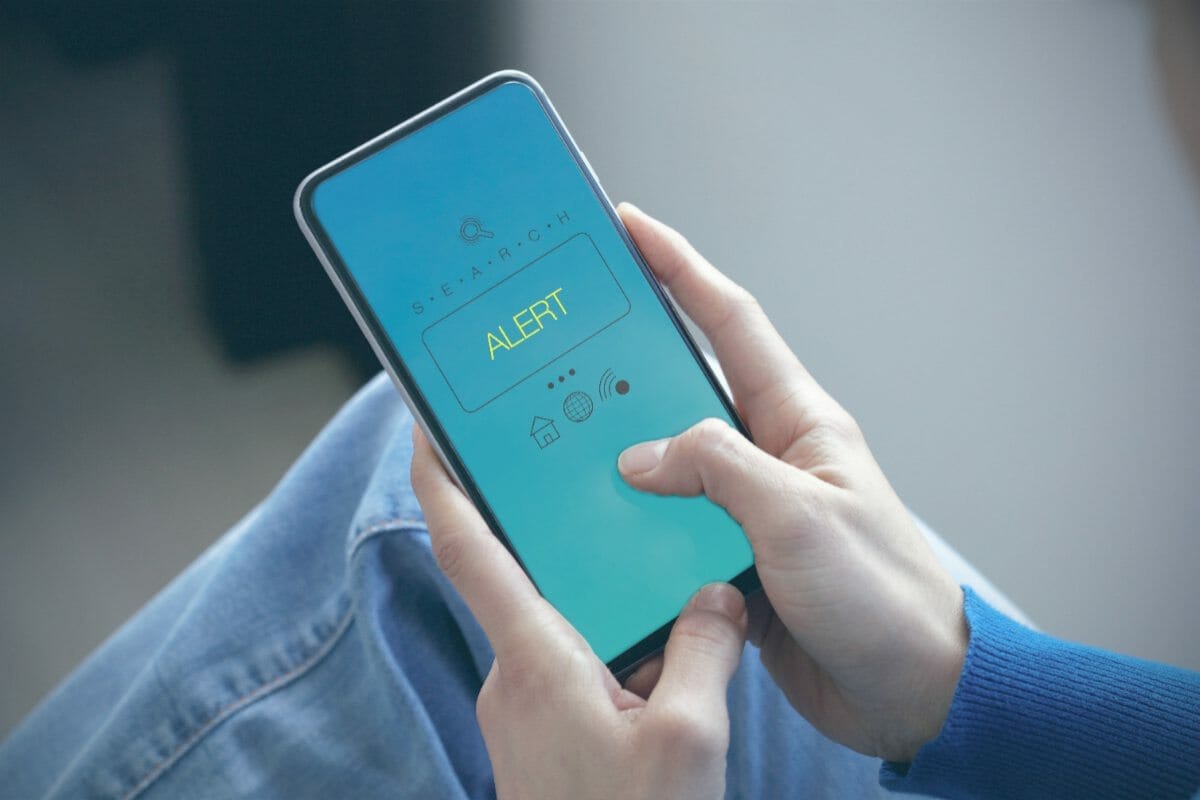Learn the difference between valid IRS tax questions and phony ones by reading the article below.
In This Article:
IRS Tax Questions | How to Save Yourself from an IRS Phone Call Scam
Does the IRS Call You?
For a taxpayer, nothing is more frightening than receiving a phone call or a visit from someone with IRS tax questions. To make things worse, this person demands an immediate payment for the taxes you supposedly owe.
Don’t give your credit card information, check, or cash right away. Check first to see if the IRS actually is visiting or calling you. Does the IRS even visit or call people themselves?
The answer to that is maybe. There are instances when the IRS will dial your number or drop by your home or office unannounced. These may include the following:
- Collect a tax debt, but they will not immediately demand payment.
- Set up an appointment for a tax audit.
- Conduct a criminal investigation where an IRS official usually goes with a federal law enforcer.
- Perform federal tax deposit (FTD) alerts, which reminds the business owners they are behind on their payroll taxes.
- Call a third party if they need more information.
In almost all of these cases, the IRS doesn’t call or visit you without sending you a letter first. The notice informs you of the reason for the contact. It may be to ask specific IRS tax questions or to schedule an appointment.
In fact, there are situations when you don’t have to face the IRS yourself. You can provide a power of attorney to someone or have a tax lawyer talk to them instead. These professionals can also discuss tax problems or negotiate tax payments on your behalf.
Is It an IRS Phone Scam?
If the IRS has been ringing you almost nonstop, it’s possible you’re receiving IRS scam phone calls. The department has already warned the public about them.
An IRS phone scam can sound sophisticated. The person on the phone may use professional terms. They can also be direct and stern, but they only do so to intimidate you. They will also ask IRS tax questions.
When you feel suspicious about the call, it’s best to know the types of information you should not divulge. These include the following:
1. Payment Methods
One of the main goals of the IRS scammer is to force you to pay. They can be very specific to the mode of payment. Some of them may even ask for a gift card.
The real IRS also tells you to settle your liability, but you don’t pay it immediately over the phone. It also provides you with many options for payment. If you want to pay in check, you may have to address it to the U.S. Treasury.
The IRS also gives you enough time to dispute the result of an investigation or even appeal your case. You can even choose a tax payment plan or delay the collection until you’re in a better financial situation.
2. Address
The real IRS already has your home and business address. If you’ve moved without telling them, they may ask a third party for such information. They also don’t drop by unless it’s urgent they have to see you.
If one of the IRS tax questions pertains to where you live, it could be because the scammer doesn’t know where you are. Never tell them the address, as someone could then drop by and bring along with them fake local police officers.
3. Immigrant Status
Another scare tactic these scammers use is to tell you they are going to report you to the immigration. Unless you’re an undocumented person, there’s nothing to worry about. The real IRS cannot revoke your citizenship or kick you out of the country. They also cannot shut down your business or arrest you since they are only civil authorities. They need the law enforcement agency to do that.
How to Report IRS Phone Scam
If you’ve been receiving suspicious IRS tax questions, there are some steps you can take:
- Ignore them, especially if you haven’t received any notice from the IRS or you believe you filed your tax returns correctly.
- Install a call-blocking program.
- Ask them for their contact information so you can have the time to verify their concerns using your online information.
- Report the incident to the proper law enforcement agents. You can send a complaint form to the Treasury Inspector General for Tax Administration. If it’s Treasury-related, you can send an email about it to [email protected]. You can also send a letter to [email protected]. Use “IRS Phone Scam” as your subject.
- Get certain information ready. These include the phone number of the person calling you, their name, the time of the call, the nature of the call, and the employee badge number.
- You can also contact the IRS by phone. You may dial 800-366-4484 for impersonation scams.
- Report it to the Federal Trade Commission (FTC).
It’s normal to receive IRS tax questions from a real IRS employee. They do it through a proper channel, though. They send you notices first or a representative with the appropriate documents. These include an HSDP-12 card and a pocket commission. You can see them before you even begin to answer their questions. If you think someone is scamming you, whether it’s a real or fake IRS employee, be proactive. Call the proper authorities. You may be saving not only yourself but also others.
Have you ever encountered an IRS phone scam? What did you do? Share your experience in the comments section below.
Up Next: IRS Scams To Watch For | Real Life IRS Tax Scam Stories




